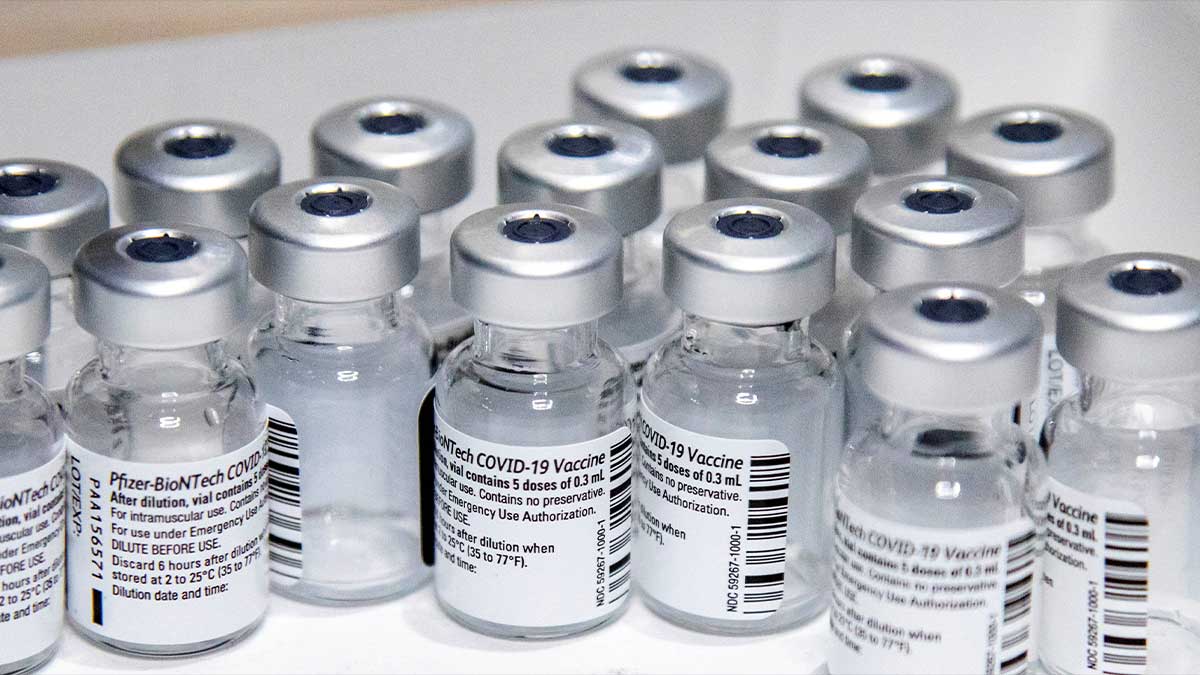Pfizer and BioNTech will deliver some of the 2 billion COVID-19 vaccine doses as fresh supplies for low- and middle-income countries through the worldwide vaccine-sharing mechanism COVAX.
The doses will be distributed “through bilateral agreements, supranational agreements, and our relationship with COVAX,” according to a Pfizer representative.
“We are now examining this,” a BioNTech representative said earlier on Friday.
Read more: G7 urged to donate excess supplies to COVAX vaccine-sharing scheme
The first billion doses of their vaccine will be delivered this year and the second in 2022. U.S. pharmaceutical companies Moderna and Johnson & Johnson also pledged donations of 200,000 and 100,000 doses respectively.
Here are some of the facts regarding Pfizer’s COVID vaccine
What are the ingredients in the Pfizer-BioNTech COVID-19 Vaccine?
The ingredients are mRNA, lipids (hydroxybutyl)azanediyl)bis(hexane-diyl)bis(hexyldecanoate), [(polyethylene glycol)-2000]-N,N-ditetradecylacetamide, Distearoyl-sn-glycero-phosphocholine, and cholesterol), potassium chloride, monobasic potassium phosphate, sodium chloride, dibasic sodium phosphate dihydrate, and sucrose.
How does an mRNA vaccine work?
The spike protein found on the surface of the novel coronavirus that triggers infection is instructed by mRNA, which is transported to your body’s cells via lipid nanoparticles. 1.2 Instructing cells to make the spike protein triggers an immunological response, which includes antibody production against the SARS-CoV-2 spike protein.
mRNA vaccines are free of virus particles, which means they don’t include any weakened or dead portions of a virus or bacteria.
Do mRNA vaccines change a person’s DNA?
mRNA is a transient carrier of information that does not incorporate into human DNA. mRNA does not enter the nucleus of a cell, where our DNA is stored.





















